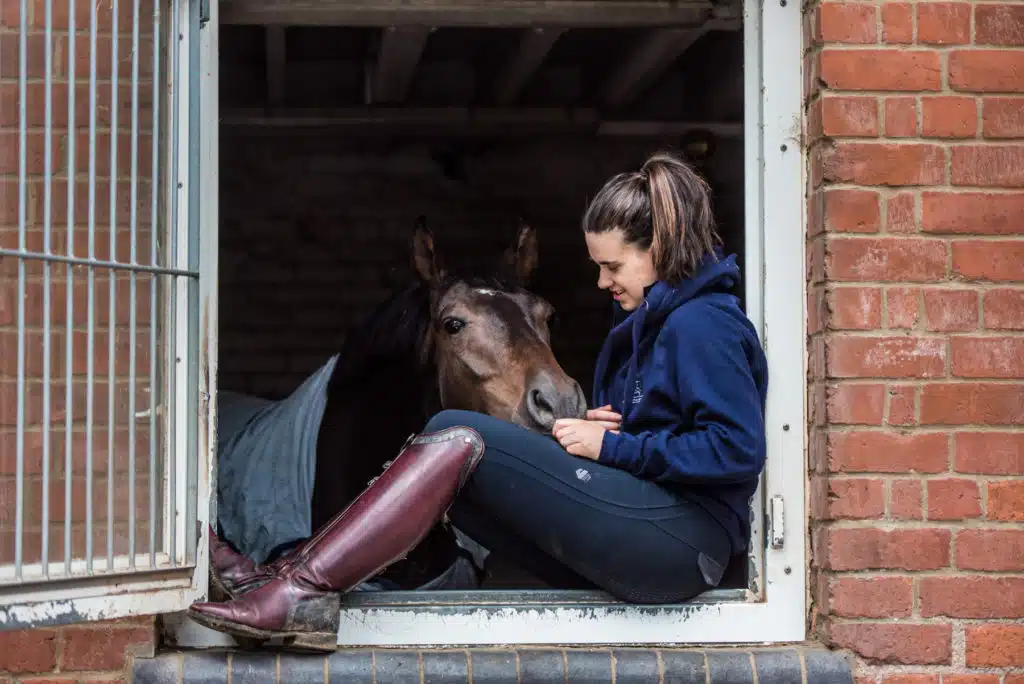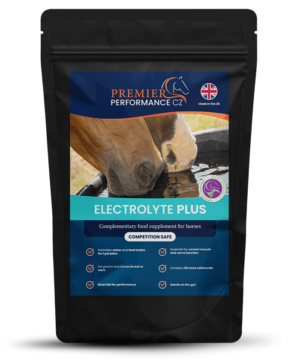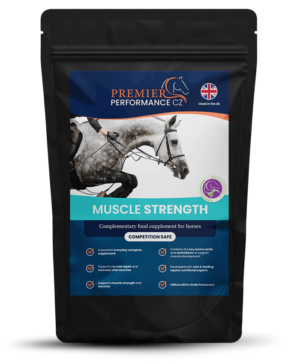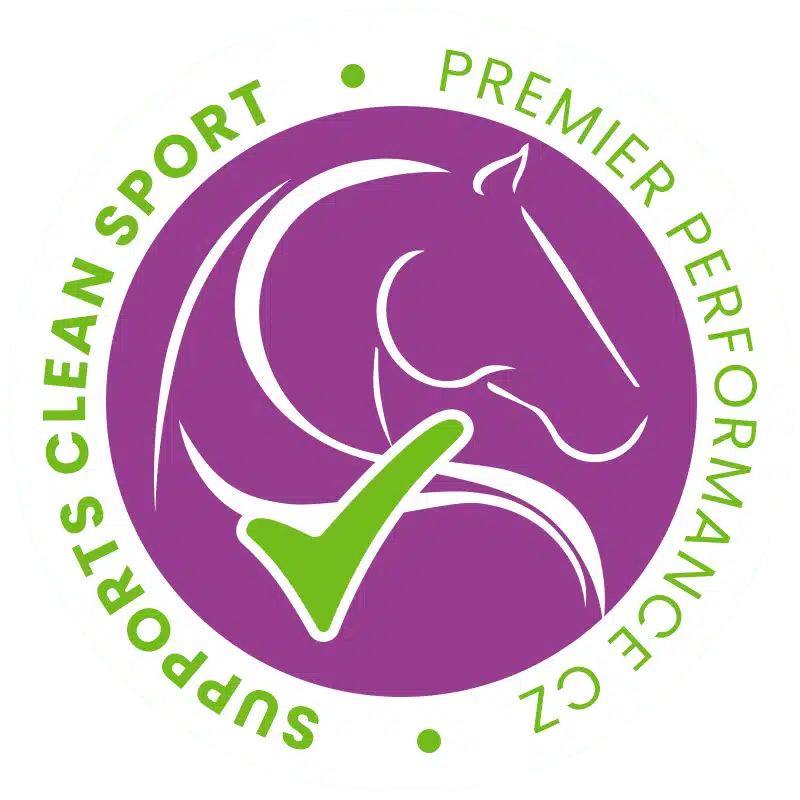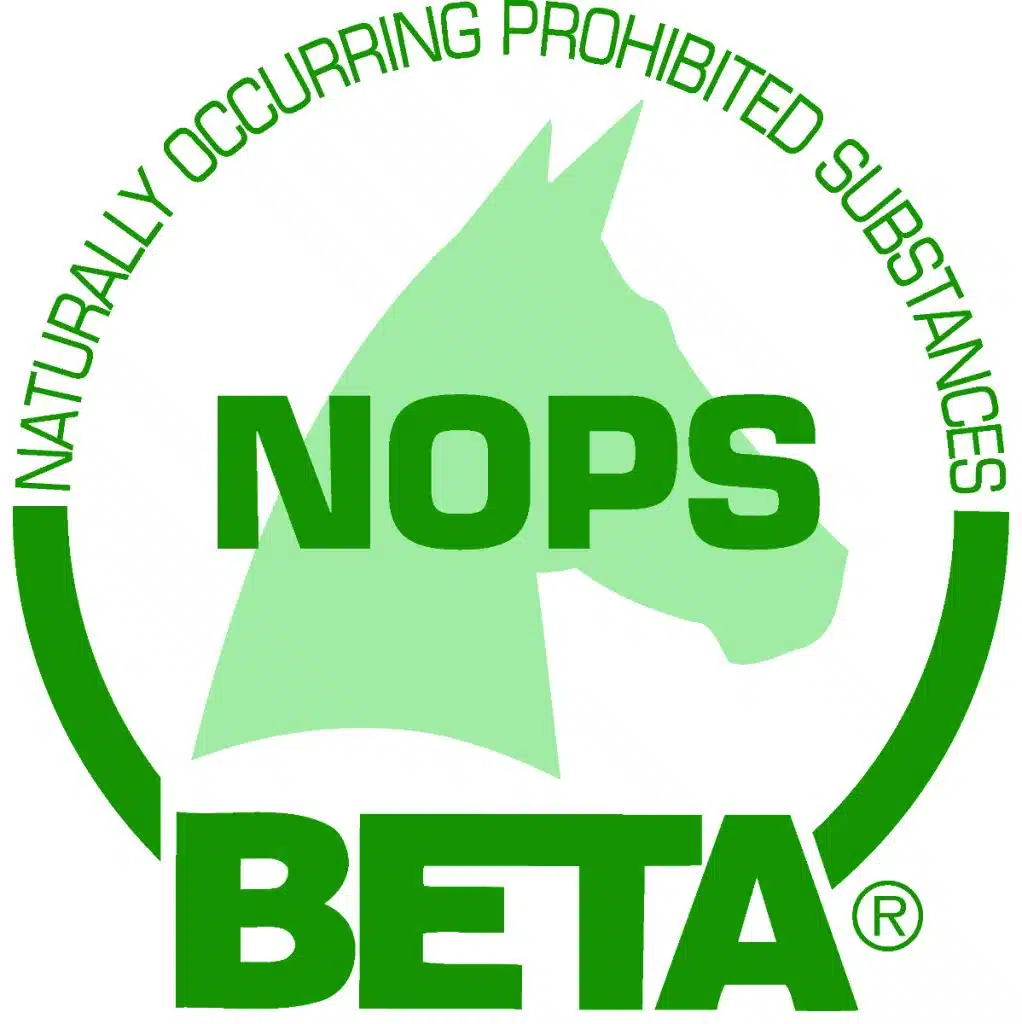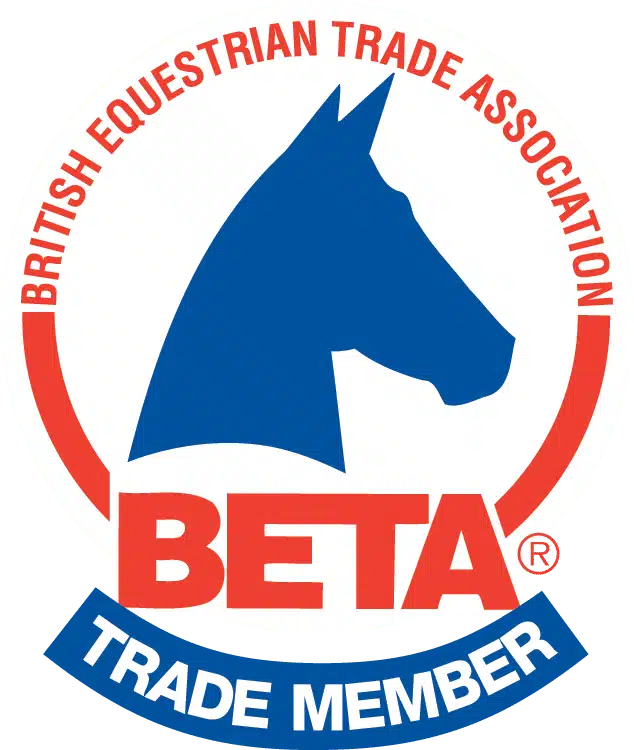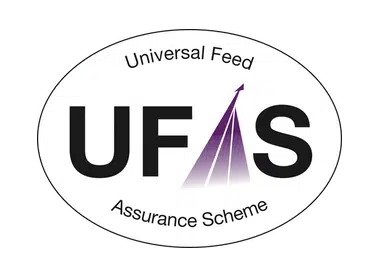Horses that are in training and are competing require good nutritional support to aid optimal performance and also recovery from training and competing. This support involves ensuring the horse is hydrated and refuelled. Horses obtain the nutrients required for work from their diet and the types of feeds that horses eat contain a range of different nutrients such as carbohydrates, fats, proteins, vitamins, minerals and water. Horses training and competing in high-intensity sports, such as racing, eventing and endurance will require high levels of energy in their diet; in fact, the energy requirements of racehorses are almost twice that of horses at rest. Therefore, it is important to ensure that your horse is receiving the right type of fuel (energy) to support his work.
Fuel for Work
Horses obtain energy from their food, primarily from carbohydrates (CHO) as the types of feeds most commonly fed to horses are high in CHO. However, fat can be used as an energy source for horses and actually in terms of megajoules (MJ), which is the international unit of energy used for horses, fat contains twice the amount of energy (39 MJ/Kg) compared to CHO (18 MJ/Kg). Horses can obtain energy from protein, but this is only in extreme cases where the horse is malnourished or unwell. Therefore, energy is not a nutrient, but is derived from nutrients such as CHO and fat. Horses store energy as either glycogen or triglycerides (fats) and when exercising at high-intensity horses will draw upon these stores when exercising and competing. After high-intensity work or competition these stores, in particular, the glycogen stores in your horse’s muscles will be depleted and so restoring those stores is an important part of recovery.
However, recovery after a competition is also very much dependent on the diet that your horse has received when training, as it is not possible to resolve any deficiencies in your horse’s diet in the short-term leading up to a competition. Therefore, a well-balanced diet that is appropriate for your horse’s level of work is crucial.
Keeping your horse hydrated
Water is an essential component of the diet; 65 to 75 % of an adult horse’s bodyweight is comprised of water. Water requirements depend on your horse’s age, level of exercise, environmental conditions (temperature and humidity) and the type of feed they eat (horses drink more when on feeds that are dry, such as hay). Hydration and refuelling go hand in hand, as glycogen replenishment is improved if your horse is well hydrated. Muscle glycogen requires water for storage; therefore, if your horse is dehydrated then the repletion of glycogen stores will be less. Measures to ensure your horse is hydrated should begin way before the actual competition. Traveling your horse can affect hydration as many horses may sweat during a journey. In fact, even if you cannot see your horse sweating it is known that horses can lose high levels of electrolytes (see article on electrolytes) when travelling. It is important, therefore, to offer your horse a drink during (if appropriate) and after travelling since if he is dehydrated before the completion then you are already at a disadvantage.
As I have said previously, there are many myths about allowing horses to drink pre-competition, but withholding water before competition does not give your horse an advantage; it actually puts your horse is a less favourable position to be successful. Giving your horse a drink after completion is also important, again, there is no reason to withhold water after exercise. Electrolytes should be provided in your horse’s diet before, during and after competition. You can also offer your horse water with added electrolytes after exercise; some horses will drink more water than normal after exercise when electrolytes are added. However, it is advisable to acclimatise your horse to drinking water with electrolytes after exercise so that he is used to this before the competition. It is also important to have normal water available and to add electrolytes to his feed to ensure his requirements are being met and he is maintaining hydration. This issue with only adding electrolytes to water is that you cannot ensure your horse is getting enough of the electrolytes he needs.
Equine muscle recovery
Unfortunately, horses do not restore their muscle glycogen stores quickly, it can take up to 72 hours for glycogen stores to be replenished in horses regardless of the type or amount of feed provided. You may have heard of “carb-loading” in humans, but this doesn’t work well in horses as horses are not capable of restoring their glycogen reserves at the same speed humans do. There have been research studies done to evaluate feeding high amounts of starch to horses after exercise and the results showed that even if horses eat very high amounts of starch after competition this does not speed up the rate at which glycogen stores are returned to pre-competition levels. In fact, feeding high amounts of starch can be detrimental as this can also lead to colic and other gastrointestinal disturbances in horses.
When energy is created for muscle contraction free radicals are produced, which are detrimental to health if they are not removed – often referred to as free radical damage. Feeding vitamin E is thought to help prevent free radical damage. To ensure your horse is getting enough vitamin E, his diet should contain enough vitamin E to meet his requirements. However, even when horses are fed according to recommendations for vitamin E requirements, because of variation in requirements between individuals some horses may be vitamin E deficient. You can ask your veterinarian to test your horse’s serum vitamin E levels to ascertain if your horse’s diet is meeting his requirements. There is also some evidence that feeding additional vitamin E after competition may help with recovery.
During the recovery period, muscle protein synthesis also takes place to repair muscle tissue damage that occurred during exercise. If branched chain amino acids (BCAA) such as leucine, isoleucine and valine are provided in the diet in adequate amounts post-exercise (24 to 48 hours after) then this may aid recovery by supporting protein synthesis. The BCAAs have been seen to support the reduction of muscle breakdown in human athletes and aid the recovery process after exercise by aiding glycogen replenishment.
Our overall recommendations for feeding your horse for performance and recovery
- Provide access to good-quality forage to help replenish CHOs safely and encourage drinking
- Provide access to water pre- and post-competition
- Provide electrolytes daily as part of your horse’s diet
- Ensure adequate dietary vitamin E is provided
- Provide BCAAs in your horse’s daily diet and after competition
Article written for Premier Performance by Professor Jo-Anne Murray.
